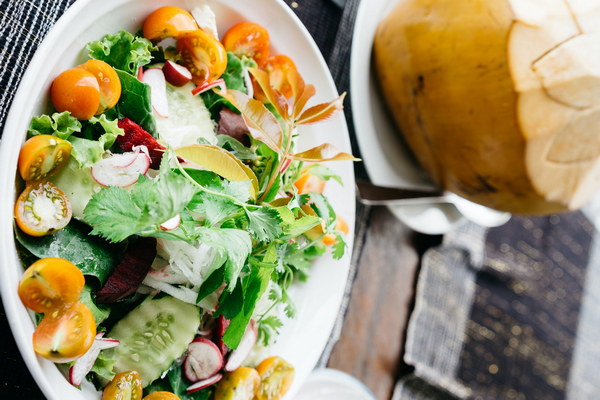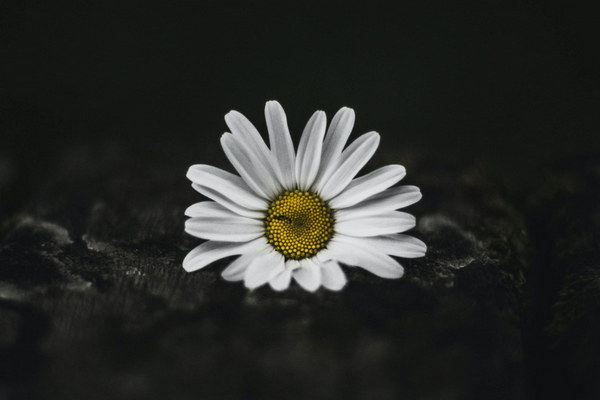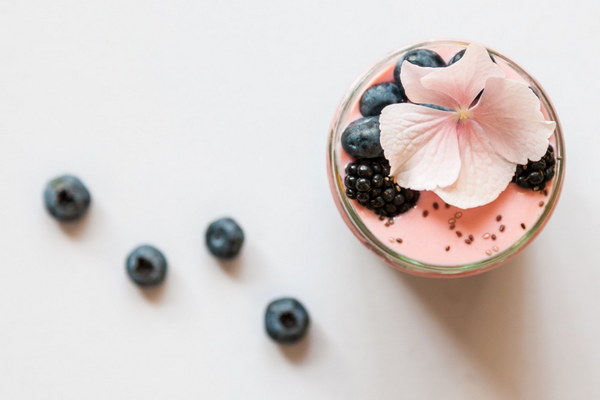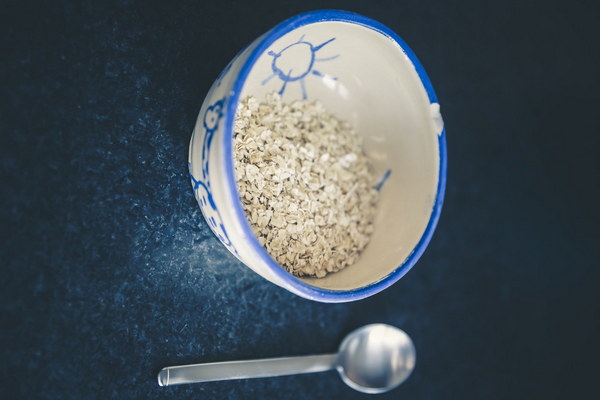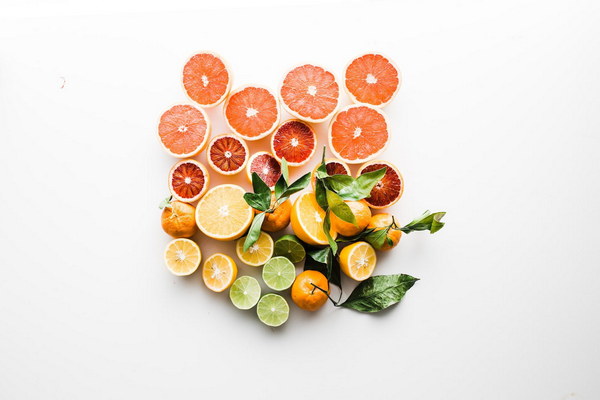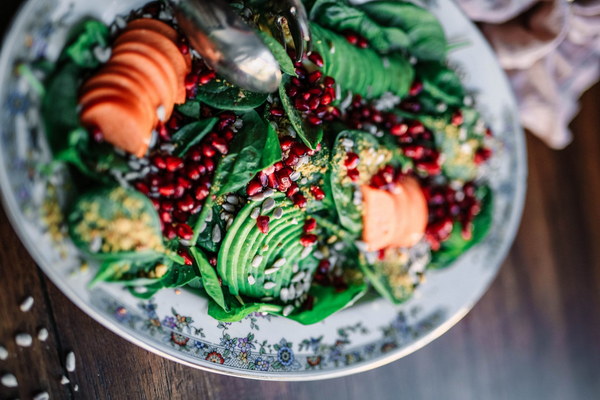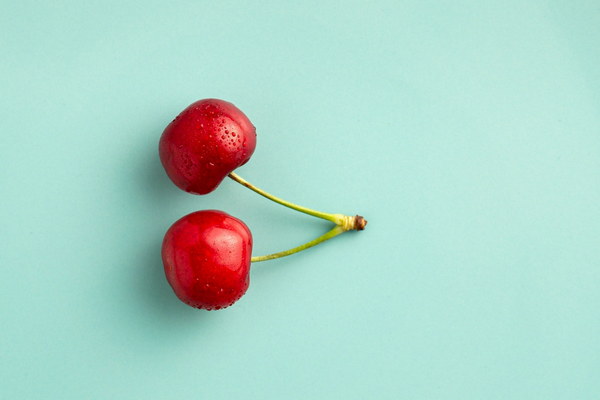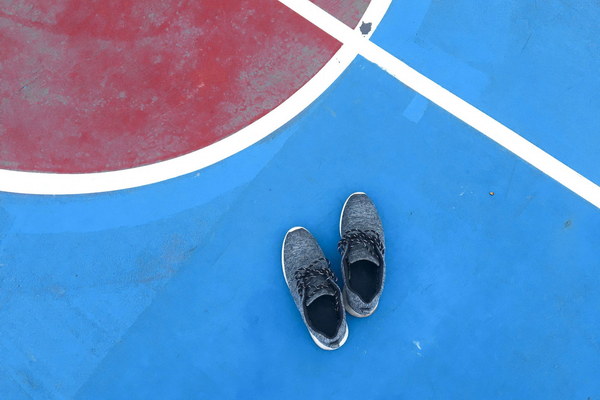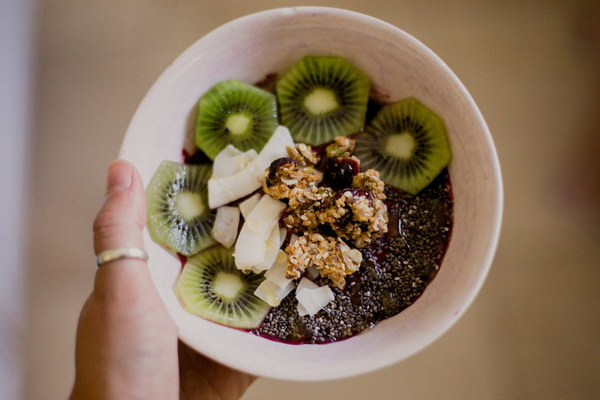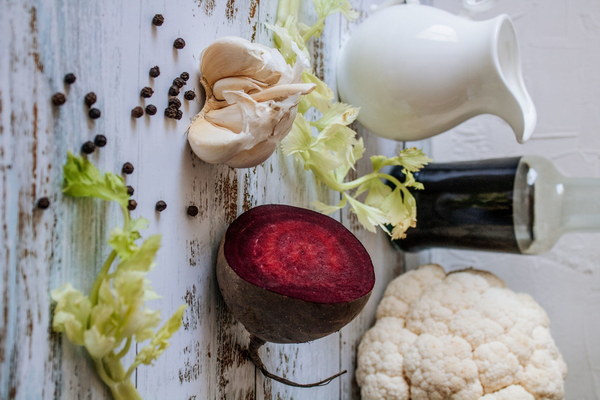Nourishing Your Way to Stone-Free Living A Guide to Kidney Stone Diet and Supplements
Kidney stones are an all-too-common condition that can cause immense discomfort and pain. While medication is often necessary for treatment, there are also dietary and lifestyle changes that can help prevent the formation of new stones and promote their natural passage. This article delves into the world of kidney stone diet and supplements, offering practical tips and nutritional advice to help you on your journey to stone-free living.
Understanding Kidney Stones
Kidney stones are hard deposits that form in the kidneys. They can vary in size, from tiny grains of sand to large, golf ball-sized stones. When these stones become too large, they can block the urinary tract, causing pain and discomfort. The most common types of kidney stones are composed of calcium, oxalate, uric acid, or cystine.
The Role of Diet in Kidney Stone Prevention
Diet plays a crucial role in the formation and prevention of kidney stones. Here are some key dietary considerations to help you manage and reduce your risk of kidney stones:
1. Increase Water Intake
Drinking plenty of water is essential for preventing kidney stones. Water helps dilute your urine, which makes it harder for crystals to form. Aim for at least 8-10 glasses of water per day, and increase your intake if you are active or live in a hot climate.
2. Limit High-Oxalate Foods
Oxalate is a naturally occurring compound found in many foods, and excessive intake can contribute to the formation of calcium oxalate stones. Limit your consumption of high-oxalate foods such as spinach, rhubarb, beets, and nuts. However, it's important to note that not everyone with kidney stones should avoid these foods; consult with a healthcare professional for personalized advice.
3. Reduce Salt Intake
Excess salt can contribute to the formation of kidney stones, particularly calcium stones. Limit your sodium intake to 2,300 milligrams per day, and aim for even lower if you have a history of kidney stones.
4. Choose Calcium-Rich Foods Wisely
Calcium is essential for bone health, but it can also contribute to the formation of kidney stones in some individuals. Instead of avoiding calcium entirely, choose foods rich in calcium that are also low in oxalate, such as dairy products and green leafy vegetables.
5. Limit Animal Protein and Uric Acid-Rich Foods
High animal protein intake can increase uric acid levels in the urine, which can contribute to the formation of uric acid stones. Limit your consumption of red meat, seafood, and beer, and choose lower-protein foods such as legumes and whole grains.
Supplements for Kidney Stone Prevention
While diet is the cornerstone of kidney stone prevention, certain supplements can also help:
1. Potassium Citrate
Potassium citrate can help prevent the formation of both calcium oxalate and uric acid stones. It increases the pH of urine, making it less acidic and less likely for crystals to form. Consult with a healthcare professional before taking potassium citrate, as it can interact with certain medications.
2. Magnesium
Magnesium can help prevent calcium stones by binding to calcium in the urine, reducing its concentration. Magnesium supplements can also help relax the muscles in the urinary tract, which can be beneficial for stone passage. Again, consult with a healthcare professional before starting any new supplement.
3. Vitamin B6
Vitamin B6 can help prevent the formation of cystine stones, which are rare but more challenging to treat. Taking vitamin B6 supplements may be recommended for individuals with a family history of cystine stones or those who have had recurrent cystine stones.
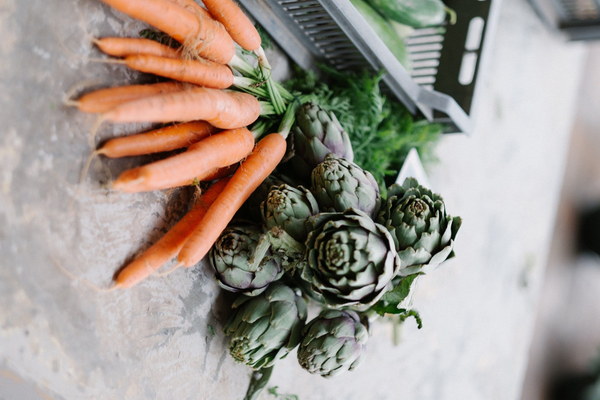
Lifestyle Tips for Kidney Stone Prevention
In addition to diet and supplements, adopting certain lifestyle habits can help prevent kidney stones:
1. Maintain a Healthy Weight
Obesity is a risk factor for kidney stone formation. If you are overweight, work towards achieving a healthy weight through a balanced diet and regular exercise.
2. Exercise Regularly
Regular physical activity can help reduce the risk of kidney stones by promoting weight loss and improving overall health.
3. Avoid Recreational Drugs
Certain recreational drugs, such as ecstasy, can increase the risk of kidney stone formation. If you are struggling with substance abuse, seek help from a healthcare professional.
Conclusion
Kidney stones can be a painful and challenging condition to manage, but by making dietary and lifestyle changes, you can significantly reduce your risk of recurrence. Consult with a healthcare professional to develop a personalized plan that includes kidney stone diet, supplements, and other preventive measures. Remember that prevention is key, and taking control of your health can lead to a more comfortable and stone-free life.
